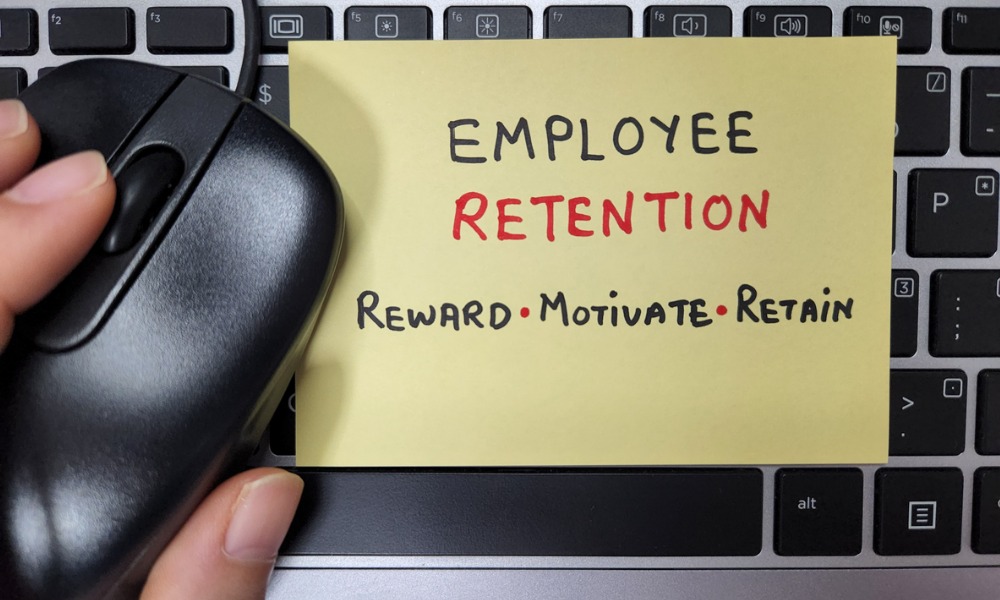64% of HR leaders believe there's minimal demand for financial wellness benefits

Arizent, the parent company of Employee Benefit News, an information source for HR and benefits decision makers, has published a report that looks into whether, and how, employers are giving their employees financial wellness benefits. The findings uncovered a disconnect between HR leaders' perceptions and employee utilization.
The report found that a significant number of companies have yet to extend their financial wellness offerings beyond retirement plans. The primary factor cited is the perceived lack of employee demand. However, businesses that do offer these benefits report a high level of employee engagement.
Janet King, vice president at Arizent Research, emphasized the opportunity for employers to bolster their support for employees amid growing economic uncertainty.
"With economic uncertainty on the rise, employers have an opportunity to better support employees with financial-wellness-focused benefits," said King. "But first, they need to understand what financial wellness encompasses and how these benefits can truly help their workers."
While retirement benefits are widely acknowledged as crucial (84% offer 401(k) plans), 64% of HR leaders believe there's minimal demand for other financial wellness benefits like health savings accounts, group life insurance, and loan assistance.
Consequently, only 33% of surveyed companies currently provide benefits centered around financial wellness.
But despite the prevailing assumption of low demand, 90% of respondents acknowledge the importance of these benefits in 2023. Furthermore, 89% believe that these offerings play a role in attracting and retaining talent.
King speculated that the perceived lack of demand might stem from employees' limited awareness of financial wellness benefits. "It's possible that presumed low demand indicates a lack of employee knowledge about financial wellness benefits, rather than disinterest in these offerings altogether," she said.
She urged employers to consider educating their workforce on the available options.
The research also highlighted the utilization rates of financial wellness benefits among employees that have access to them, raising the question of why more companies don't offer these benefits.
The challenge lies in accurately measuring return on investment (ROI). The study found that 62% of employers offering these benefits struggled with measuring ROI.
"Employers – who have already made great inroads with retirement offerings – may want to consider educating employees on the other options for financial wellness benefits,” King said. “And for benefits providers, particularly those specializing in these services, this is a massive untapped opportunity to improve offerings in an underserved area and act as a true partner for support and ROI considerations."
Here are some of the key findings from the survey:
- Although many employers are improving their benefits offerings like paid time off (PTO), extra health benefits, and additional insurance options, only 33% provide benefits solely focused on financial wellness.
- While most HR leaders (63%) think that employees don't show much interest in financial wellness benefits, employers are more inclined to see these benefits as vital for attracting and keeping employees when they receive requests for improving financial wellbeing.
- Employers struggle to gauge the Return on Investment (ROI) of these programs. Even among those offering financial wellness benefits, 62% find it challenging to measure their ROI.
- Employers that offer financial wellness benefits report high utilization rates among employees. This suggests that though employers might think employees don't want these benefits, employees actually use them when provided.
Arizent conducted this research online in June 2023, surveying 200 HR and executive leadership professionals from companies with at least 10 eligible employees for benefits. Respondents were required to have responsibilities related to benefits, employee wellness, and total rewards.



